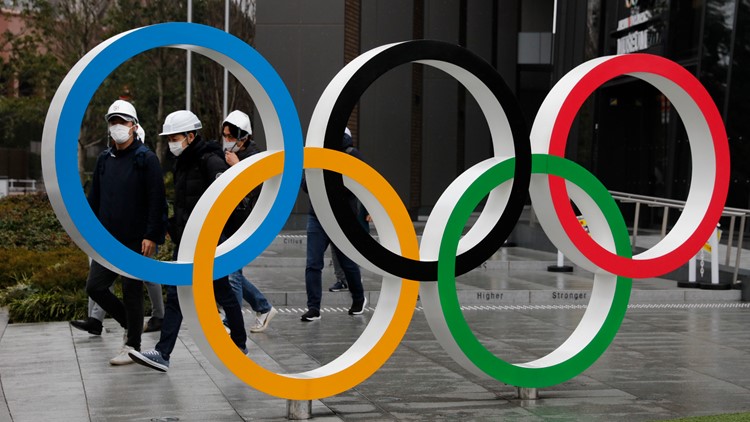COVID-19 concerns put sports on pause
Fans expected to see lengthy drought without sports
In an unprecedented 48-hour span from Mar. 11 to Mar. 13, nearly all of the world’s major sports leagues indefinitely suspended their operations due to the rapid spread of COVID-19, which is expected to leave sports fans without live games for what may be several months.
The lack of information about how to combat the virus combined with its ability to swiftly infect large groups of people meant that no major sporting event was spared from cancellation. Three of the four major American sports leagues (the NBA, NHL, and MLB) as well as the English Premier League suspended play until further notice; the Masters Tournament was postponed on Mar. 13 and is not expected to be held until this summer and the NCAA made the historic decision to cancel all of their remaining championships for the winter and spring seasons on Mar. 12.
“It is really crazy right now because it’s going to affect daily life for a while, and no one really knows how long that will be,” said junior Tyler Hardin. “Everyone is living day-to-day unsure of what is going to happen next.”
Although a few sporting events, the most notable of which being the Ivy League basketball tournament, fell victim to concerns about the virus in early March, the first major casualty came when Utah Jazz center Rudy Gobert tested positive for COVID-19 ahead of a matchup against the Oklahoma City Thunder on Mar. 11, prompting NBA Commissioner Adam Silver to suspend league operations indefinitely.
Silver’s monumental decision set the aforementioned wave of cancellations into motion, and even leagues that are currently out of season have seen their operations affected by the COVID-19 pandemic. The free agency negotiations taking place between NFL players and teams have been done almost entirely remotely, and the presentation of the league’s amateur draft, which is still scheduled to take place from Apr. 23-25, will likely see significant changes.
“The NFL draft, given that it is in April, I believe should be conducted without an audience,” said senior Brian Joseph. “I would expect the draft to run just as it usually does, except with the prospects remaining in the comfort of their homes and receiving phone calls of their selection.”
One of the more difficult blows for sports fans to absorb was the outright cancellation of the famed Men’s Division I Basketball Tournament, marking the first time that it will not be held since 1938.
Not only will the NCAA miss out on millions of dollars in tournament revenue because of the cancellation, but dozens of championship-caliber teams, including surprise contenders such as the Dayton Flyers and San Diego State Aztecs, will be deprived of an opportunity to compete for the national championship.
“Cancelling the entire tournament was something that no fan wanted to see,” said senior James Hemmer. “The Coronavirus, unfortunately, has been very disruptive to our society, and if we want to minimize the damage, we needed a decision like that to be made.”
Although the sports world itself has been brought to a screeching halt by the threat of the virus, the announcements of positive COVID-19 tests continue to come in at a consistent rate with sports figures such as New Orleans Saints head coach Sean Payton, Brooklyn Nets forward Kevin Durant, and Utah Jazz guard Donovan Mitchell coming forward with their diagnoses.
However, with the mass pause of athletic operations and the acceptance of social distancing by fans and players, the number of people infected by COVID-19 is expected to drop as the crisis progresses, meaning that live sports could make their return sooner rather than later.
“I absolutely think that sports leagues made the right choice in suspending operations,” said Joseph. “The premise of social distancing will do wonders in preventing the spread of this virus and will limit its current exponential growth. I am satisfied with the swift manner in which leagues reacted and have no issues with their actions.”







































